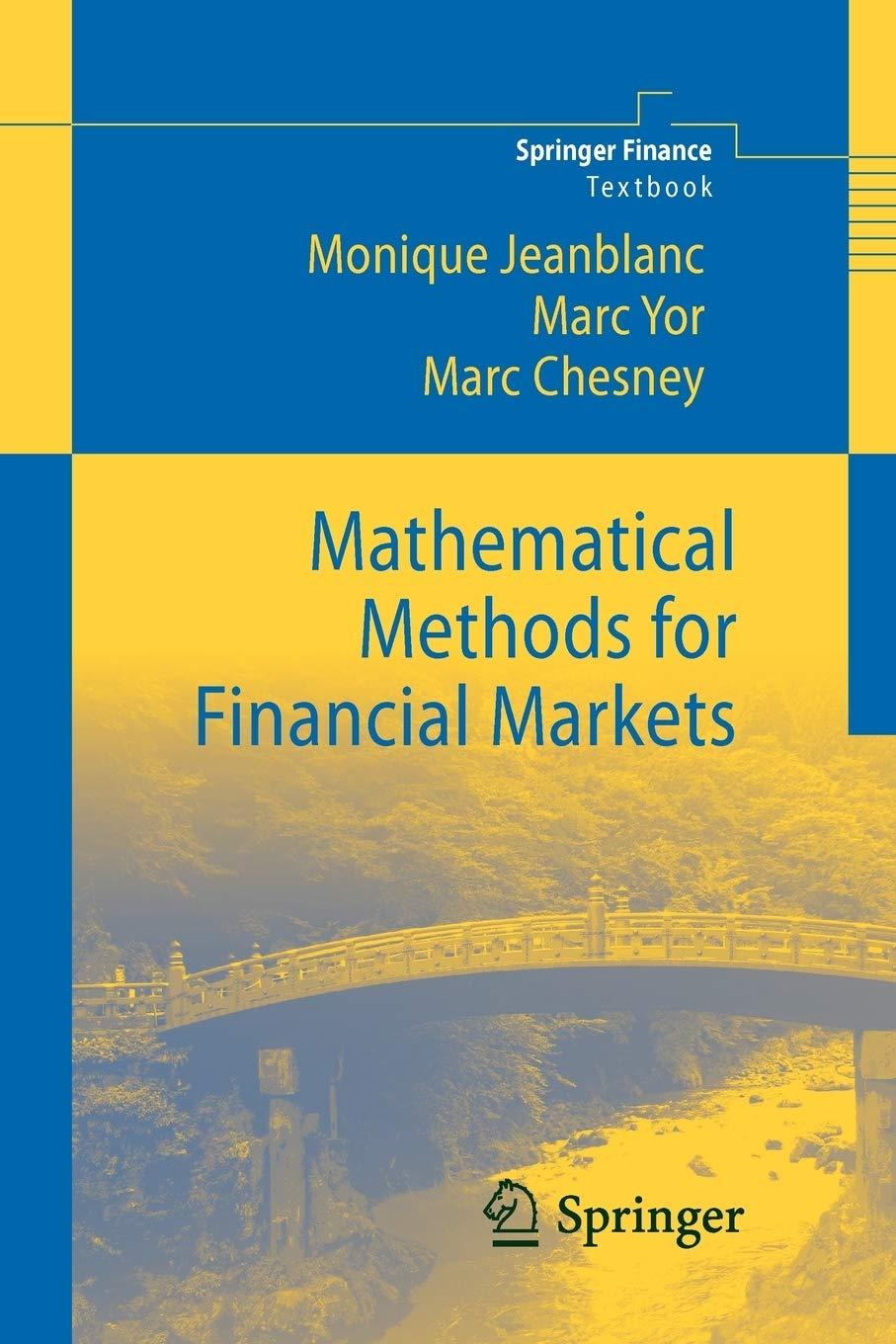Chi-squared Law. A noncentral chi-squared law (chi^{2}(delta, alpha)) with (delta) degrees of freedom and noncentrality parameter (alpha)
Question:
Chi-squared Law. A noncentral chi-squared law \(\chi^{2}(\delta, \alpha)\) with \(\delta\) degrees of freedom and noncentrality parameter \(\alpha\) has the density
\[\begin{aligned}f(x ; \delta, \alpha) & =2^{-\delta / 2} \exp \left(-\frac{1}{2}(\alpha+x)\right) x^{\frac{\delta}{2}-1} \sum_{n=0}^{\infty}\left(\frac{\alpha}{4}\right)^{n} \frac{x^{n}}{n ! \Gamma(n+\delta / 2)} \mathbb{1}_{\{x>0\}} \\& =\frac{e^{-\alpha / 2}}{2 \alpha^{u / 2}} e^{-x / 2} x^{u / 2} I_{u}(\sqrt{x \alpha}) \mathbb{1}_{\{x>0\}}\end{aligned}\]
where \(I_{u}\) is the usual modified Bessel function. Its cumulative distribution function is denoted \(\chi^{2}(\delta, \alpha ; \cdot)\).
Let \(X_{i}, i=1, \ldots, n\) be independent random variables with \(X_{i} \stackrel{\text { law }}{=} \mathcal{N}\left(m_{i}, 1\right)\). Check that \(\sum_{i=1}^{n} X_{i}^{2}\) is a noncentral chi-squared variable with \(n\) degrees of freedom, and noncentrality parameter \(\sum_{i=1}^{n} m_{i}^{2}\).
Step by Step Answer:

Mathematical Methods For Financial Markets
ISBN: 9781447125242
1st Edition
Authors: Monique Jeanblanc, Marc Yor, Marc Chesney





